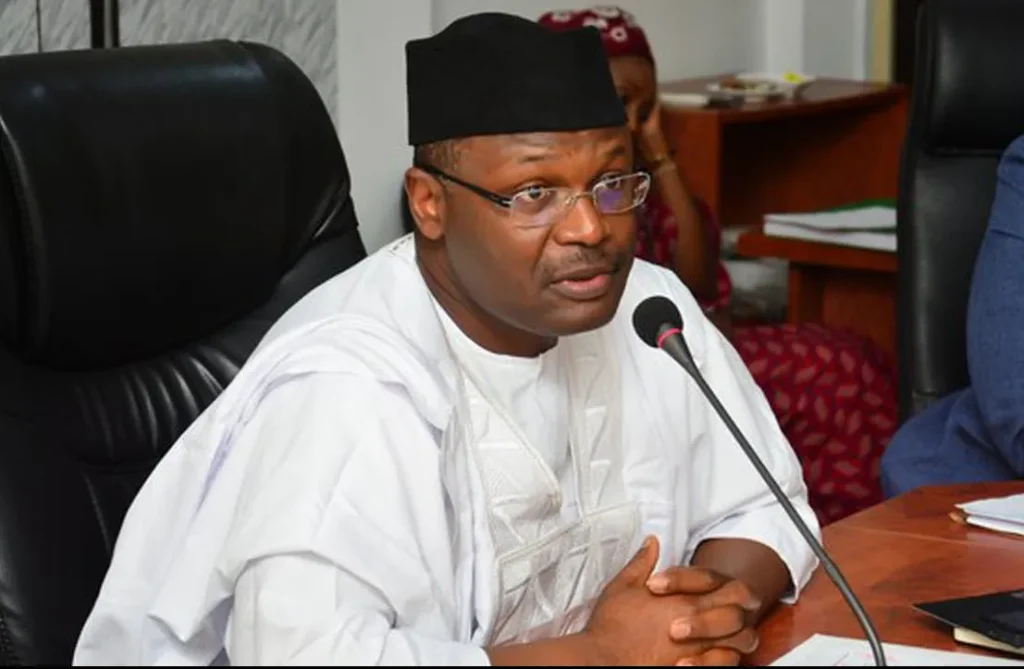Nigeria’s former President, Olusegun Obasanjo, has advocated for the country to appoint new, reliable leaders for the Independent National Electoral Commission (INEC) with short tenures to curb corruption and restore trust.
Obasanjo commented during the Chinua Achebe leadership forum at Yale University in New Haven, Connecticut, USA.
In his keynote speech at the forum titled ‘Leadership Failure and State Capture in Nigeria,’ Obasanjo referred to the 2023 general elections as a “travesty.”
The former president said reforming the electoral system is a critical national issue, noting that INEC officials must undergo rigorous vetting to avoid partisan appointments.
“As a matter of urgency, we must ensure that the INEC chairperson and his or her team are carefully vetted,” Obasanjo stated.
“The vetting process should result in impartial, non-partisan individuals with outstanding reputations.
“Nigeria must secure the appointment of new credible leadership for INEC at the federal, state, local government, and municipal—city, town, and village levels—with brief tenures—to avert unwanted political influence and corruption, thus restoring citizens’ trust in the electoral system.
“It is vital that the INEC chairperson is beyond reproach and demonstrably independent and incorruptible.” He added.

Obasanjo stressed the need to shield elections from interference at all levels, protecting the electoral process from domestic and foreign malicious actors to uphold democratic integrity.
He further stated that clear financial regulations for political campaigns should be enforced to promote transparency and accountability. Additionally, he called for intensified efforts to prepare and safeguard the voting infrastructure, including securing the technology used for collating, transmitting, verifying, and sharing election results.
He accused INEC of deliberately failing to utilise the bimodal voter accreditation system (BVAS) and election viewing portal (IReV) technologies during the 2023 presidential election.
“The BVAS and IReV are two technological advancements that, prior to 2023, were praised for their potential to improve the accuracy and transparency of our election results, eliminate the possibility of electoral fraud, and enhance public confidence in electoral outcomes,” he remarked.
“The INEC chairman himself championed these technologies. Ultimately, these technologies did not fail.
“INEC intentionally chose not to employ or implement them, leading to widespread voting irregularities. It was akin to letting a fox into the henhouse.” He said.


